Your vehicle’s fuel level starts to go down and you know it’s time to fill up the tank. What you may not know is what high-octane fuel is or how it affects your vehicle. Unless you hear your car’s, engine knocking, there is no need to put a higher-octane gas in your tank. You may think that buying the higher-octane, or premium, gas is better for your car and will make it perform better. This is a common belief, probably based on the commercials selling gasoline. But if you look in your owner’s manual, you’ll find that the recommended gas for most vehicles is economy and standard, low octane.
Octane Levels

Most gas stations offer motorists three octane levels: regular (87), mid-grade (89) and premium (91-93). Some stations offer even more, including a super-premium, which is usually rated at 93. However, people usually mistake the grades as “good,” “better,” “best” instead of “regular,” “mid-grade,” “premium.” It can be confusing, especially when each gas station uses different names for their octane levels. Some stations name their mid-grade gas “special” or “plus” and their premium “super.” If you’re confused, just go by the octane level.
About Octane
What does octane measure? Octane ratings refer to the fuel’s ability to burn, or combust, in the engine. There really isn’t much difference between 83 octane or 95 octane (octane levels can vary from one gas station to the next), unless you are a chemist. Deciding which octane level to use depends on the compression ratio of your engine, so check with your dealer, local mechanic, or car manual.
Lower octanes (83-87) used in most cars are made to combust easily and more rapidly. Today’s cars with low-combustion engines also have computers that keep checking on the fuel/air mixture to eliminate the knocking (often the combustion of gas before the spark) that was common in older models.
Higher octanes (92-97), which burn evenly, more slowly, and have little chance of pre-igniting in the combustion chamber, which can improve a car’s acceleration and provide more mechanical energy to the drive train, hence more power.
Cleaning Properties
Does higher-octane gas clean engines better? Not really. The EPA mandates that all gas, no matter the octane level or brand, add cleaning agents. In other words, all levels of gas and all brands carry similar cleaning agents.
Will knocking harm my engine?
If you experience a light knocking sound from time to time, there’s usually no need to worry. It won’t hurt the engine, nor does it require a higher octane. If you hear a heavier or ongoing knock, however, don’t ignore it. Make the switch to the next higher grade octane and see if that takes care of it. If the knocking persists, see your trusty mechanic.
